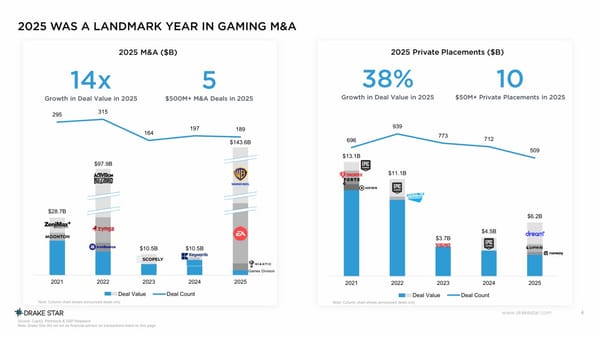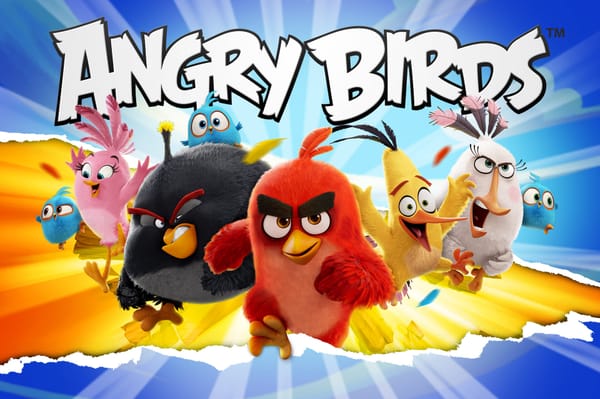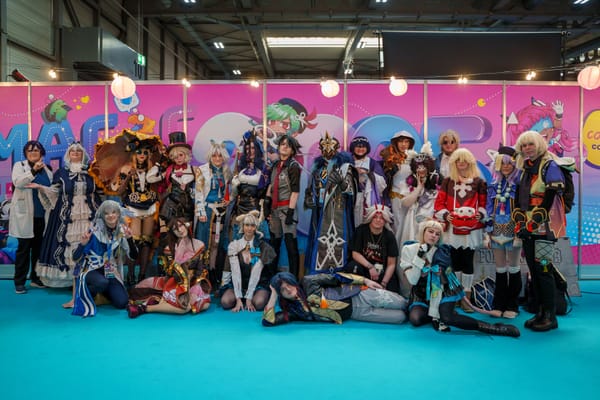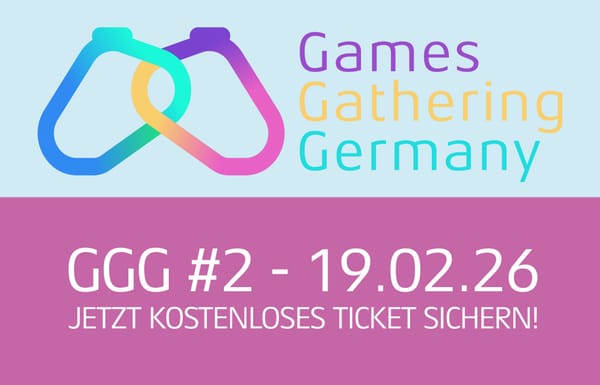A guest article by Chris Hewish, President of Xsolla.
A Continent Full of Talent, Yet No Platform Giants
Europe is bursting with gaming talent. From AAA studios in Poland to thriving indie scenes in Scandinavia, the continent has long been a quiet engine room for global gaming. Europe has all the ingredients to build the next global gaming platform - except the ecosystem to support it. The creative ambition is undeniable, and the technical talent is world-class. Yet, Europe watches as transformative platforms are built elsewhere. The issue is not capability, but structure.
Roblox is more than a game. It’s a creator economy, a social network, a monetization platform, and a development toolkit rolled into one. It enables millions of young developers to build, share, and profit from their own experiences. This kind of vision requires not just great developers, but long-term investment, supportive regulation, and the freedom to scale across markets with minimal friction. On these fronts, Europe falls short.
Fragmented Regulation is Stifling Scale
The first major obstacle is regulatory fragmentation. Unlike the United States or China, Europe remains a patchwork of national markets, each with its own digital policies, child protection laws, data governance frameworks, and online safety mandates. This makes it indeed difficult to scale a platform across the continent, particularly one driven by user-generated content. Navigating these complexities consumes time, resources, and momentum, three things early-stage companies can’t afford to waste.
Regulation isn’t the enemy, but the current approach often treats gaming platforms as a risk to be managed rather than an opportunity to be nurtured. Well-intentioned frameworks like GDPR and the Digital Services Act offer critical protections but impose heavy burdens on small, creative startups trying to operate across borders. When building a UGC platform, compliance costs can balloon before product-market fit is even achieved.
Risk-Averse Investment Culture Slows Big Ideas
Equally challenging is Europe’s risk-averse funding culture. While venture capital is growing in volume, it remains focused on early monetization and modest returns. There is little appetite for the kind of long-term bets that platform plays require. Additionally, IP retention is another blind spot. European studios routinely build hit games only to be acquired by foreign giants or to license away their best ideas. Without strong incentives to keep intellectual property local, value continues to migrate abroad. If Europe wants to build the next Roblox, it must also ensure the ownership and revenue remain within its borders.
The Untapped Power of Web Shops
One major, often overlooked opportunity for Europe lies in web shops' direct-to-consumer storefronts that let developers sell virtual goods, in-game currency, or subscriptions outside of app ecosystems.
Web shops offer creators greater control over pricing, user experience, and - crucially - revenue share. At a time when platform fees from mobile app stores can take up to 30% of developer earnings, web shops give developers a financial runway to reinvest into their communities and creations.
In the context of building the next big global gaming platform, web shops are a vital building block. They allow platform creators and third-party developers to retain more revenue, grow their teams, and develop sustainable businesses without being locked into restrictive, centralized distribution channels.
To succeed, Europe must not only protect the right to build and operate web shops, but also actively encourage it. This means standing firm on the principles of the European Union’s Digital Markets Act, ensuring payment flexibility, and supporting the development of payment infrastructure that’s accessible across borders. For European platforms to compete globally, they need to be able to monetize directly, without giving away a third of their income to gatekeepers.
A Call to Think Bigger, Together
What’s needed is a strategic shift: pan-European funding programmes explicitly designed for platform innovation; regulatory coordination that reduces fragmentation and supports safe scaling; and a cultural shift that encourages founders to think big and build for the long haul.
Europe has the potential to lead the next wave of gaming innovation, not just by making great games, but by building the ecosystems that power them. But it will only succeed if it stops thinking like a collection of separate markets and starts acting like a unified platform itself.
Xsolla's own description: Xsolla is a global commerce company with robust tools and services to help developers solve the inherent challenges of the video game industry. From indie to AAA, companies partner with Xsolla to help them fund, distribute, market, and monetize their games. Grounded in the belief in the future of video games, Xsolla is resolute in the mission to bring opportunities together, and continually make new resources available to creators. Headquartered and incorporated in Los Angeles, California, Xsolla operates as the merchant of record and has helped over 1,500+ game developers to reach more players and grow their businesses around the world. With more paths to profits and ways to win, developers have all the things needed to enjoy the game.











